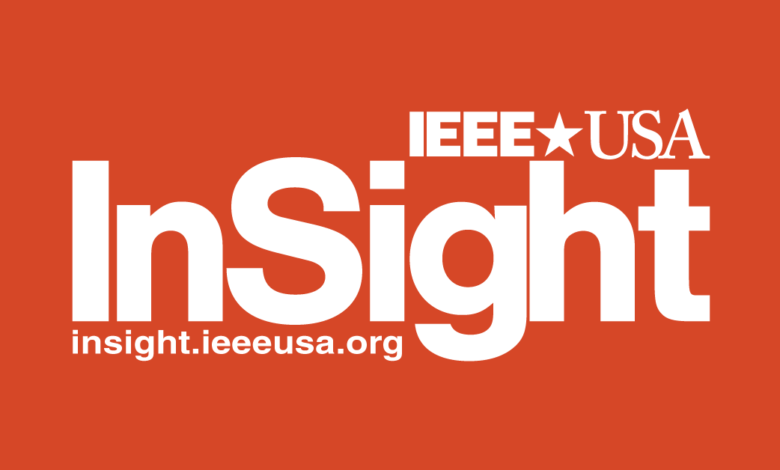
Vacations are sort of a paradox. The longer I step away from my responsibilities at work, the more obligations crop up when I return. Like many engineers on the go, I can typically triage most issues by answering a few emails in the evenings, leaving the least urgent ones for my return. On a recent trip to Mt. Rainier, I found myself without Internet connection altogether. With no cell reception and no wifi available, I couldn’t even selectively ignore people. Email just had to wait. It was almost surreal not to turn on my laptop in the evening-my vacation turned out to be true rest and relaxation.
Needless to say, just because I couldn’t read my emails doesn’t mean they weren’t cropping up. As I pondered the irony upon my return–that taking a vacation frequently leads to an increase of stress, I started to think more about optimizing my work-life balance, and not just by taking more vacations. I recently finished graduate school, and am starting to realize how important it is to set my priorities now. Especially as I was working on my dissertation, my life was work, work, and then more work. But now is the time to recalibrate those expectations a bit.
I’m fortunate that I’m currently employed in a position that I love. However, although I’m enamored with my project, I cannot work all the time. I still need to make time to spend time with my girlfriend, with my friends, and with my family. I need to take care of my health by eating well, and getting out of my chair. And I need to pick up some of my hobbies again, since I sidelined them all at the end of graduate school. As much as I wish I could say otherwise, there are still only 24 hours in a day.
For now, I’m trying to achieve this balance by working on my project management skills, particularly by setting myself intermittent deadlines to avoid a crunch. By working more steadily and efficiently, I hope to minimize the late nights the week before something is due. By making sure my projects progress steadily, I can stick to a more regular work schedule, and make more time for my loved ones and hobbies.
In graduate school, the objective of my training was to become an independent investigator. Now that I’m farther along that path, I have a renewed appreciation that there’s more to it than just pursuing my own research goals.
Being an effective independent investigator means managing my own projects–and finding appropriate work-life balance, too.
Ian Campbell was IEEE-USA’s 2012 Mass Media Fellow and is currently a postdoctoral fellow at the Georgia Institute of Technology in biomedical engineering. He studies how the mechanical properties of the eye lead to vision loss in glaucoma.






